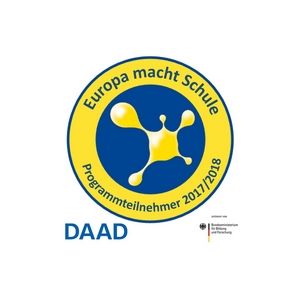
KET
KET Info and Recognition
Info and Recognition
The Key English Test (KET) is an examination that demonstrates that a person can deal with everyday English at a basic level. It is widely accepted as a qualification representing a general basic ability in English (CEFR Level A2).
Topics and skills
A language user at this level needs to be able to read simple texts, many of which are of the kind needed for survival in day-to-day life or while travelling in a foreign country. The user should also be able to deal with personal messages written as letters, postcards or emails, and gain some information from informative texts taken from newsletters and magazines. Where listening skills are concerned, a user needs to understand the basic facts given in announcements, for example in class or on schools trips, and public announcements made at sporting events or pop concerts.
Topic areas: Clothes, Daily life, Entertainment and media, Food and drink , Health, medicine and exercise, Hobbies and leisure, House and home, Language, People, Personal feelings, opinions and experiences, Personal identification, Places and buildings, School and study, Services, Shopping, Social interaction, Sport, The natural world, Transport, Travel and holidays, Weather etc.
Can Do
Listening and Speaking
CAN understand simple questions and instructions.
- express simple opinions or requirements in a familiar context.
- have short conversations with friends about interesting topics.
- make simple plans with people, such as what to do, where to go, and when to meet.
- express likes and dislikes in familiar contexts using simple language.
- understand basic instructions on class times, dates and room numbers.
- ask the person to repeat what they said, when he/she does not understand something.
- express simple opinions using expressions such as‘I don’t agree’.
Reading and Writing
- CAN understand straightforward information within a known area.
- complete forms and write short simple letters or postcards related to personal information.
- understand short simple messages from people who share his/her interests, for example emails, postcards or short letters from pen-friends.
- write a very simple personal letter, note or email, for example accepting or offering an invitation, thanking someone for something, apologizing.
- understand the general meaning of a simplified text book or story, reading very slowly.
- write about his/her daily life in simple phrases and sentences, for example family, school, hobbies, holidays, likes and dislikes.
Exam Parts
- Reading and writing (40 minutes)
- Listening (40 minutes)
- Speaking (8-10 minutes per pair)





